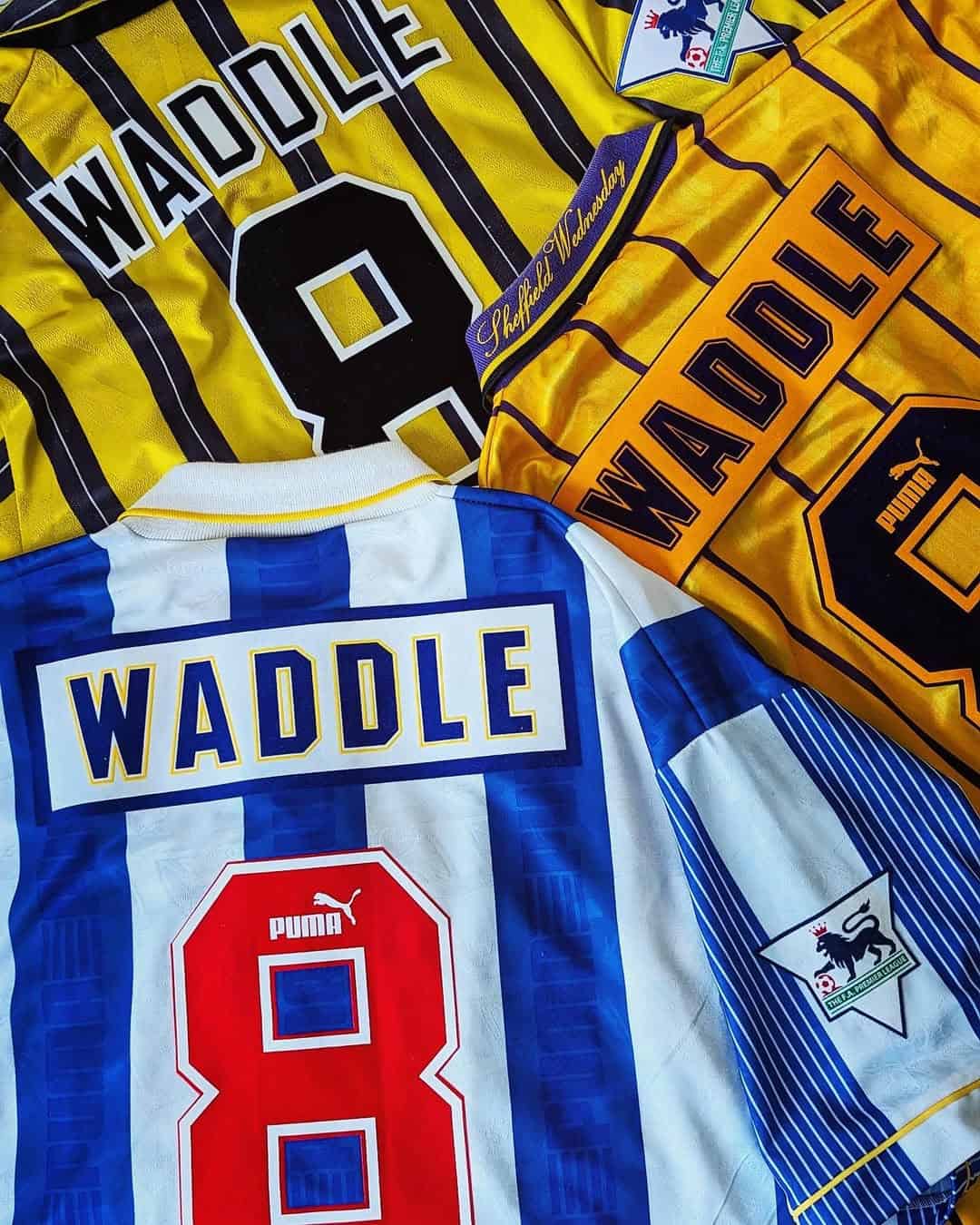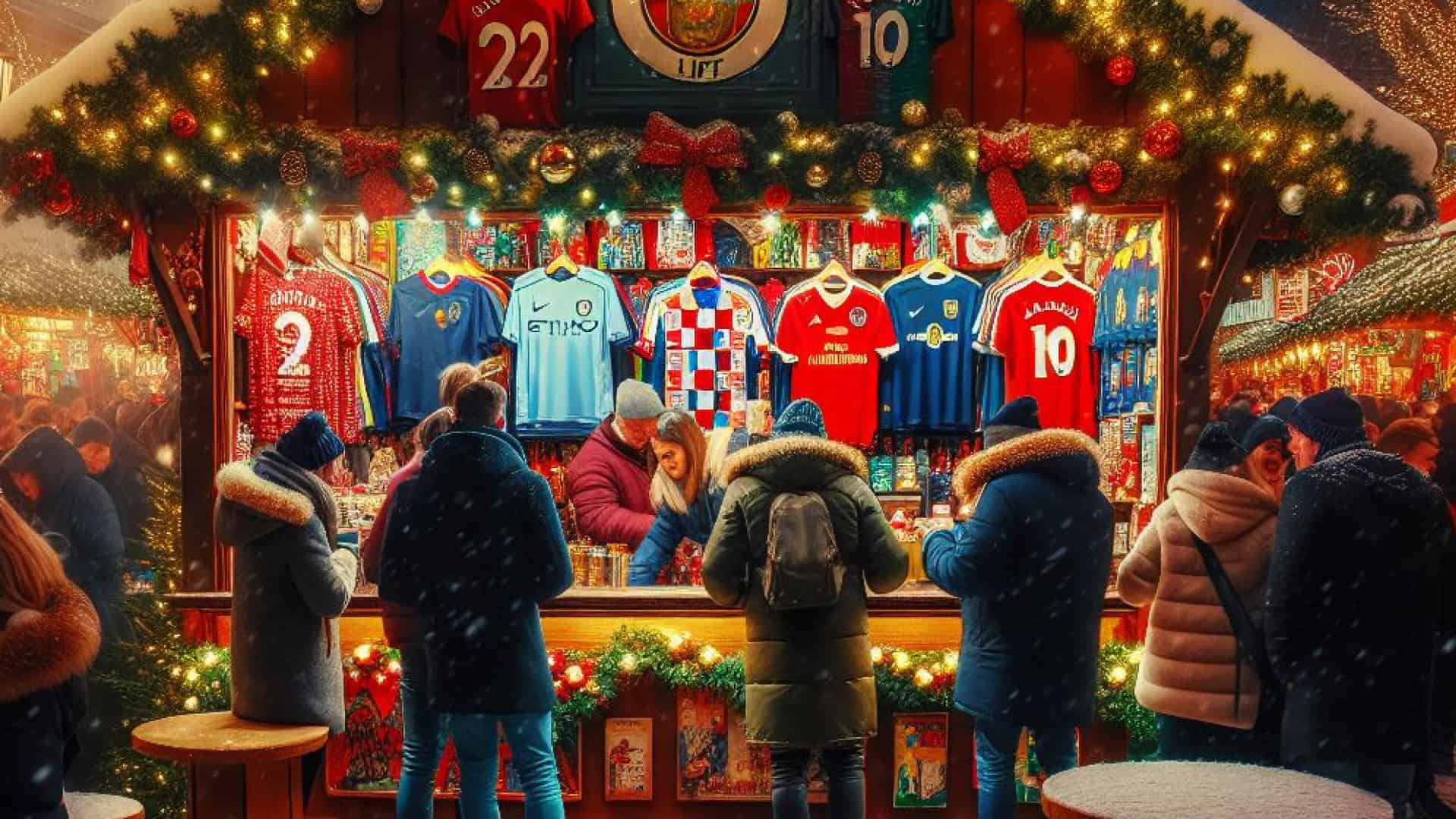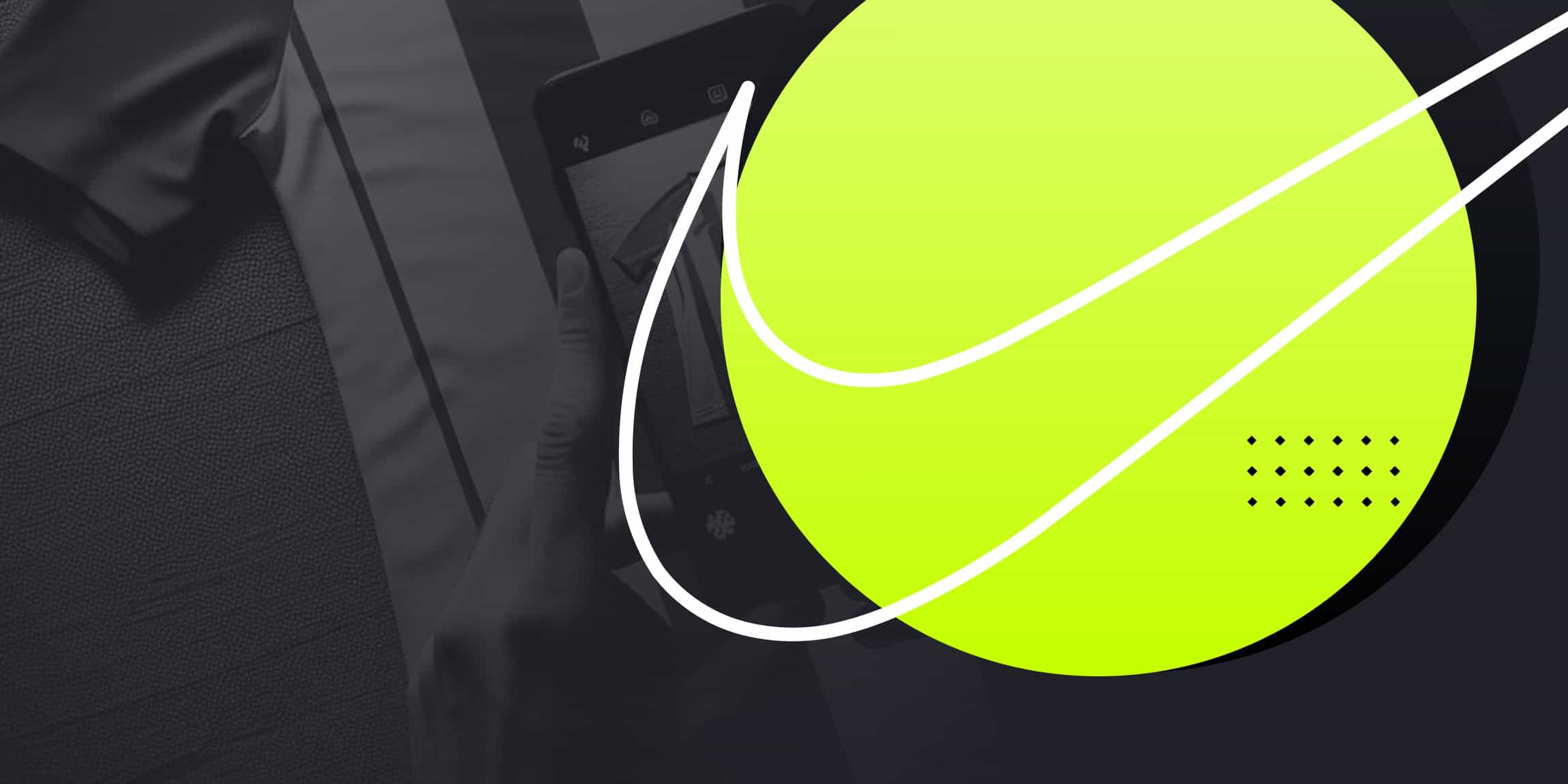Artificial intelligence (AI) is reshaping the game – and not by replacing humans, but working alongside them. Harnessing the power of AI to authenticate sports merchandise is the next step in keeping the sports retail space and consumers safe. As founders who live and breath sports merchandise, we dive into why AI is not just a game-changer; but a safeguard for authenticity and a bridge that connects sports fans with the merchandise they cherish.
The economic costs of counterfeiting and piracy are expected to reach nearly $3 trillion in 2022.
Authentication Then and Now
Traditionally, sports merchandise authentication relied on a mix of manual inspections and specialized knowledge. Experts would scrutinize every detail, from stitching patterns to holograms, to determine an item’s authenticity. While these methods served a purpose, they had limitations. It was a time-consuming process, and human error could occasionally slip through the cracks. Finding people with the right expertise and training them was an added expense and even the best human brain couldn’t always identify a counterfeit style code or incorrect stitching.
How AI Changes the Game
In contrast, AI offers a streamlined and efficient approach. Unlike humans, technology can instantly analyze vast datasets, identify subtle inconsistencies, and authenticate products with an accuracy that surpasses human capabilities.
Training is instantaneous, and AI can be quickly corrected if an inconsistency occurs. Furthermore, AI is scalable – meaning it can take on more workload and go quicker than its human counterparts.
Humans and AI as Collaborators
The pressing question here is, will AI replace humans and lead to job losses? Our answer is a resounding ‘no.’ Just as a shovel complements a human digging with a toothpick, AI serves as the next-generation tool to augment human efforts, rather than replacing them.
Unlike humans, technology can instantly analyze vast datasets, identify subtle inconsistencies, and authenticate products with an accuracy that surpasses human capabilities.
The recent scandal involving StockX and Nike is a glaring example of why collaboration between humans and AI is essential. The controversy emerged when it was revealed that counterfeit sneakers infiltrated StockX’s authentication process.
This incident underscores the need for a multi-layered approach that combines human expertise and AI-powered solutions. While AI can quickly scan for inconsistencies, human inspectors can provide nuanced insights that machines may miss.
At KitLegit for instance, AI flags inconclusive items for humans to verify, while also ensuring that spot checks are prevalent to ensure consistent accuracy.
Accuracy and Standards in AI Authentication
One of the challenges with AI authentication is maintaining accuracy and setting industry standards. An AI system constantly refines its algorithms, learning from new data and adapting to emerging techniques and trends. Forming partnerships with industry stakeholders to establish rigorous authentication standards is also a key mechanism to ensure greater and greater accuracy.
The end goal is always for consumers to trust the authenticity of their sports merchandise. For us at KitLegit, this is the key to unlocking the AI and authenticity game – building a trusted relationship with the producers and distributors in the sports merchandise domain.
How KitLegit Sees the AI Future
At KitLegit, we see AI as the future of authentication. While marketplaces, retailers and manufacturers spend billions to fight counterfeiters, the economic costs of counterfeiting and piracy are expected to reach nearly $3 trillion in 2022.
Our mission at Kitlegit, is to protect consumers from counterfeit product and fraud, by providing the most innovative, accessible and cost-effective technology to authenticate sports merchandise. AI technology stands at the forefront.
At KitLegit, AI is not just a tool; it’s the cornerstone of our authentication process. While sports authentication has existed for decades, it has yet to reach mass perfection. Instead of focusing on individual pieces like autographed football shirts, we concentrate on the broader market. Our primary objective is to curb the proliferation of counterfeit products as a whole.
Through curated authenticity checks, we empower consumers to confidently identify genuine products. Digital certificates provide a clear record of authenticity, while our sharing links facilitate safe and secure transactions. In a world where counterfeiters constantly evolve, we want to ensure that we evolve right along with them.
Conclusion
The game is changing in the realm of sports merchandise authentication, and AI is not a distant concept; it’s the present and future of ensuring authenticity. By collaborating with humans, AI reinforces the defense against counterfeit products, ultimately restoring trust among fans and collectors.
Learn more about KitLegit and our AI authentication process over at kitlegit.com, and connect with us on LinkedIn or through our website, we’d love to collaborate on the next big thing!




